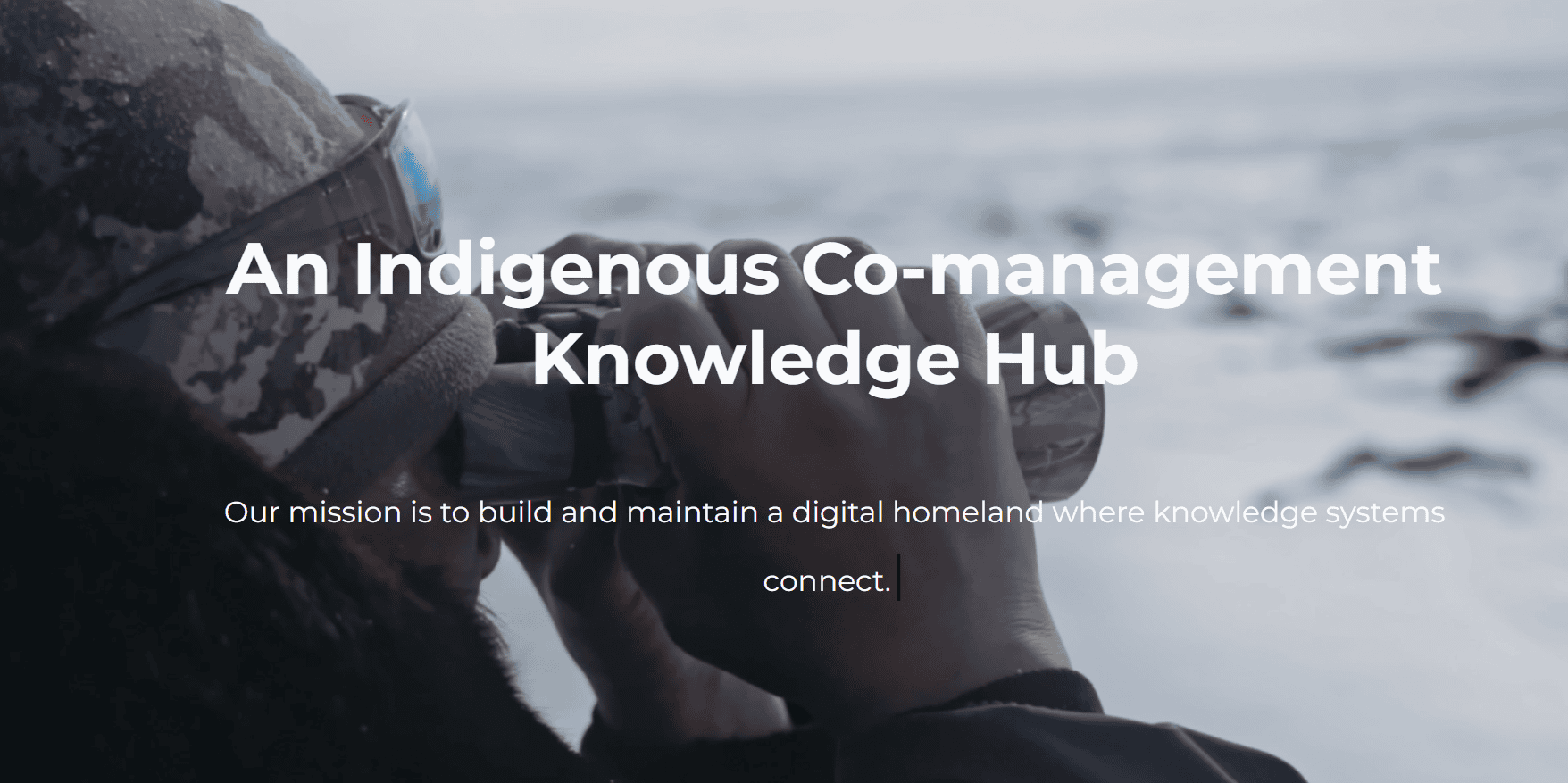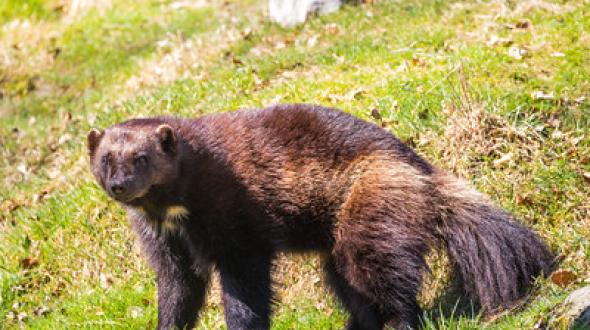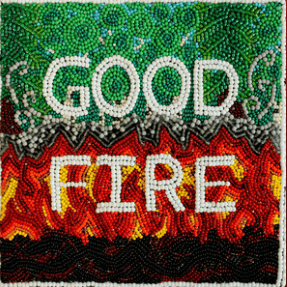Co-Management Commons
This website is a shared space for people involved in co-managing lands, waters, and wildlife—especially in northern Canada. It brings together Indigenous knowledge systems and scientific approaches to support collaborative conservation.









